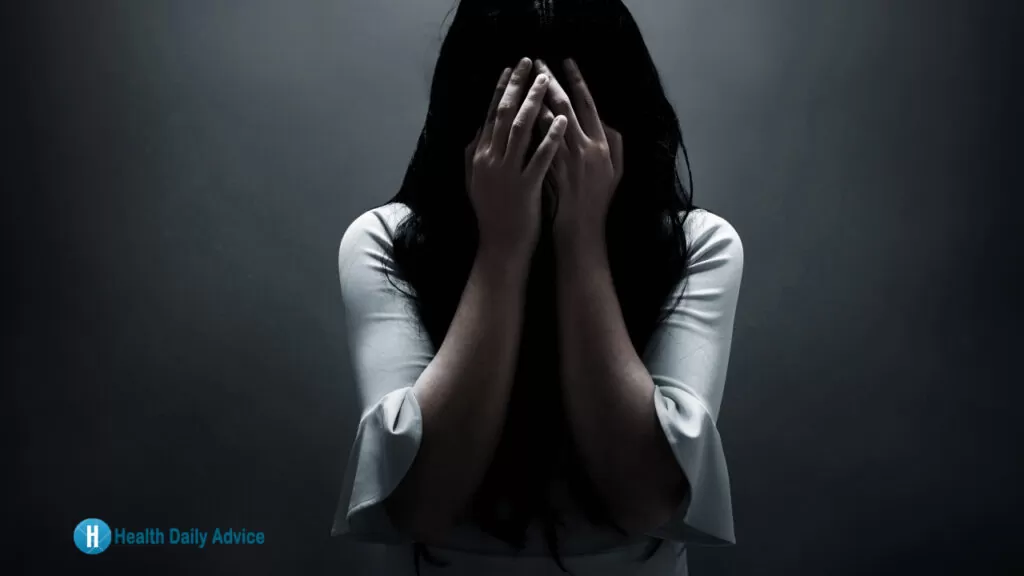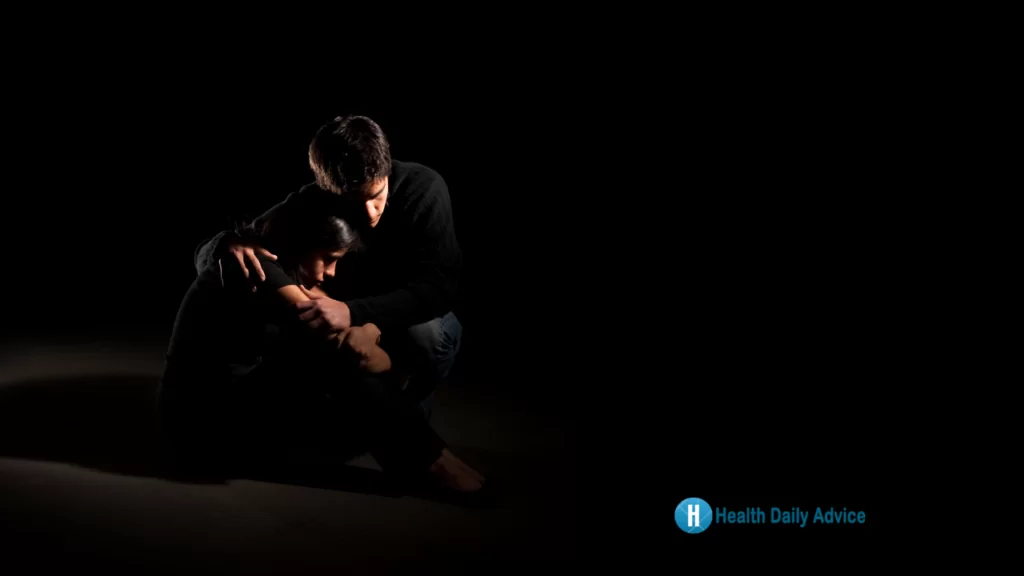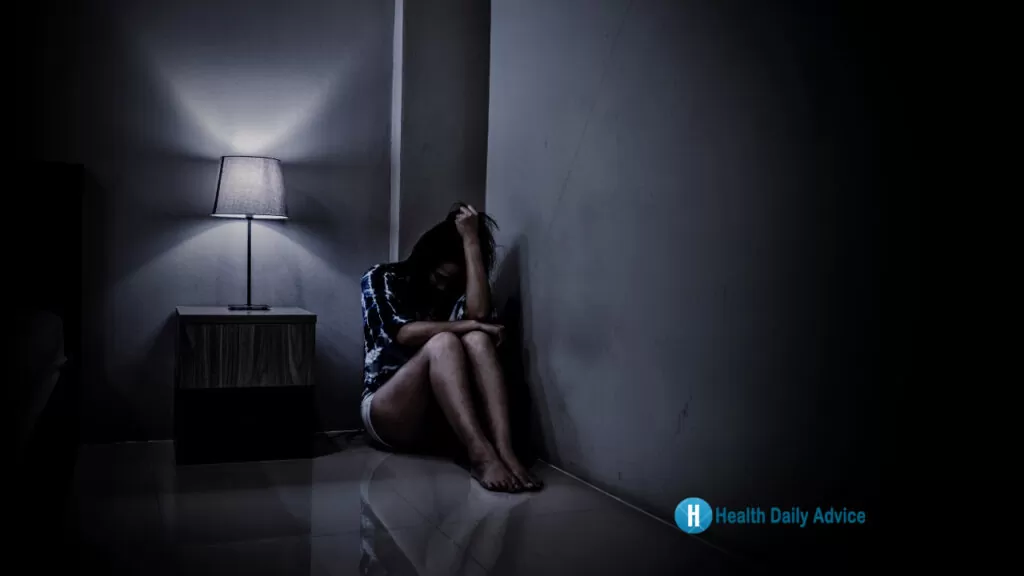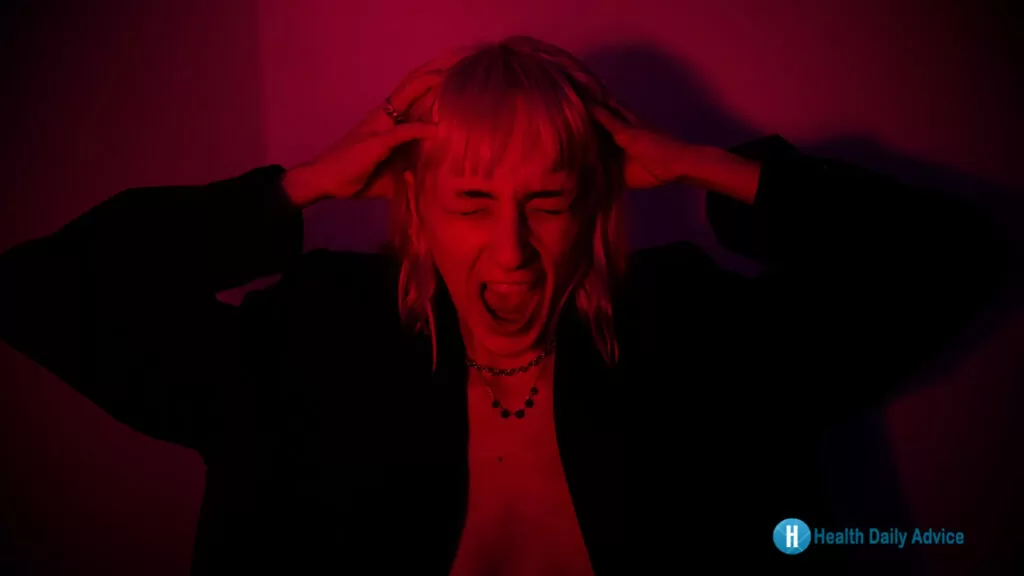Introduction
Achluophobia, also known as scotophobia or lygophobia, is an anxiety disorder characterized by an irrational fear of darkness or the night. For those who suffer from this phobia, the absence of light can trigger intense feelings of dread and panic. Let’s delve deeper into the symptoms of achluophobia and how to recognize them.
Recognizing Achluophobia Symptoms
Darkness is a common phenomenon, often occurring naturally when the sun sets and night falls. While most people are accustomed to the darkness and find comfort in its embrace, some experience an intense and irrational fear of it. This fear is known as achluophobia, a condition that can significantly impact an individual’s daily life. In this article, we will explore what achluophobia is, its symptoms, potential causes, and how one can seek help if they or someone they know is struggling with this fear.

Understanding Achluophobia
Achluophobia is more than a simple dislike for darkness; it’s an overwhelming and often paralyzing fear that goes beyond what is considered normal. While many people may feel uncomfortable in the dark, individuals with achluophobia experience extreme anxiety and distress that can affect their daily routines and overall well-being.
Symptoms of Achluophobia
Recognizing achluophobia requires understanding its symptoms, which can manifest both mentally and physically. Some common symptoms include:
1. Intense Anxiety:
People with achluophobia experience high levels of anxiety when exposed to darkness, often leading to panic attacks.
2. Avoidance Behavior:
Those with achluophobia may go to great lengths to avoid situations that involve darkness, such as staying indoors at night.
3. Physical Reactions:
Physical symptoms like increased heart rate, trembling, sweating, and shortness of breath can occur in response to darkness.
4. Disrupted Sleep:
Fear of darkness can lead to insomnia or restless sleep.
5. Negative Thoughts:
Sufferers may have irrational thoughts about the danger lurking in the dark, even when there’s no rational basis for these fears.

Causes of Achluophobia
The exact cause of achluophobia is often complex and can vary from person to person. However, some potential factors that might contribute to the development of this fear include:
1. Early Trauma:
A traumatic experience in childhood related to darkness can contribute to the development of achluophobia.
2. Genetics:
There may be a genetic predisposition to anxiety disorders, including achluophobia.
3. Learned Behavior:
Observing someone else’s extreme fear of darkness or hearing about negative experiences with it can influence the development of this phobia.
4. Media Influence:
Negative portrayals of darkness in movies, TV shows, and books can exacerbate the fear.
The Impact of Achluophobia
Achluophobia can have a significant impact on an individual’s life. It can limit their social interactions, affect their sleep patterns, and lead to overall feelings of isolation. Those with achluophobia may find it challenging to enjoy activities that involve being out at night or even participating in evening events.
Coping Strategies
If you or someone you know is struggling with achluophobia, several coping strategies can help:
1. Gradual Exposure:
Gradually facing the fear of darkness in a controlled environment can desensitize the phobia.
2. Relaxation Techniques:
Deep breathing, meditation, and other relaxation techniques can help manage anxiety.
3. Cognitive-Behavioral Therapy (CBT):
CBT can assist in changing negative thought patterns associated with darkness.
4. Seeking Support:
Talking to friends, family, or support groups about the fear can provide emotional relief.
Seeking Professional Help
When achluophobia significantly affects daily life, seeking professional help is crucial. Therapists and mental health professionals can provide personalized treatment plans that may include therapy, medication, or a combination of both.
Overcoming Achluophobia: Personal Stories
Real-life stories of individuals who have successfully overcome achluophobia can inspire hope and provide insights into the recovery process.
Supporting Loved Ones
If someone you care about is dealing with achluophobia, offering understanding, patience, and encouragement can make a significant difference in their journey toward recovery.
Achluophobia in Popular Culture
Achluophobia has been explored in literature, movies, and other forms of media. Analyzing how it’s portrayed can provide a deeper understanding of societal perceptions.
Myths and Facts About Achluophobia
Separating myths from facts about achluophobia can dispel misconceptions and create a more informed perspective.
Breaking Free: Steps to Recovery
Recovery from achluophobia is possible. By taking small steps and seeking appropriate help, individuals can gradually regain control over their fear.
Living Without Fear
With the right strategies and support, individuals with achluophobia can learn to manage their fear and lead fulfilling lives without constant anxiety.
Frequently Asked Questions (FAQs)
Yes, achluophobia can develop at any age, although it often stems from early traumatic experiences.
While not as common as some other phobias, achluophobia can significantly impact the lives of those who suffer from it.
There is evidence suggesting a genetic predisposition to anxiety disorders, including achluophobia.
The duration of overcoming achluophobia varies from person to person, and it depends on the severity of the phobia and the effectiveness of the chosen treatment methods.
Conclusion
Achluophobia is a genuine and often debilitating fear that can impact various aspects of a person’s life. However, there is hope for those struggling with this phobia. Through understanding, education, and the right interventions, individuals can overcome achluophobia and find a sense of empowerment.















